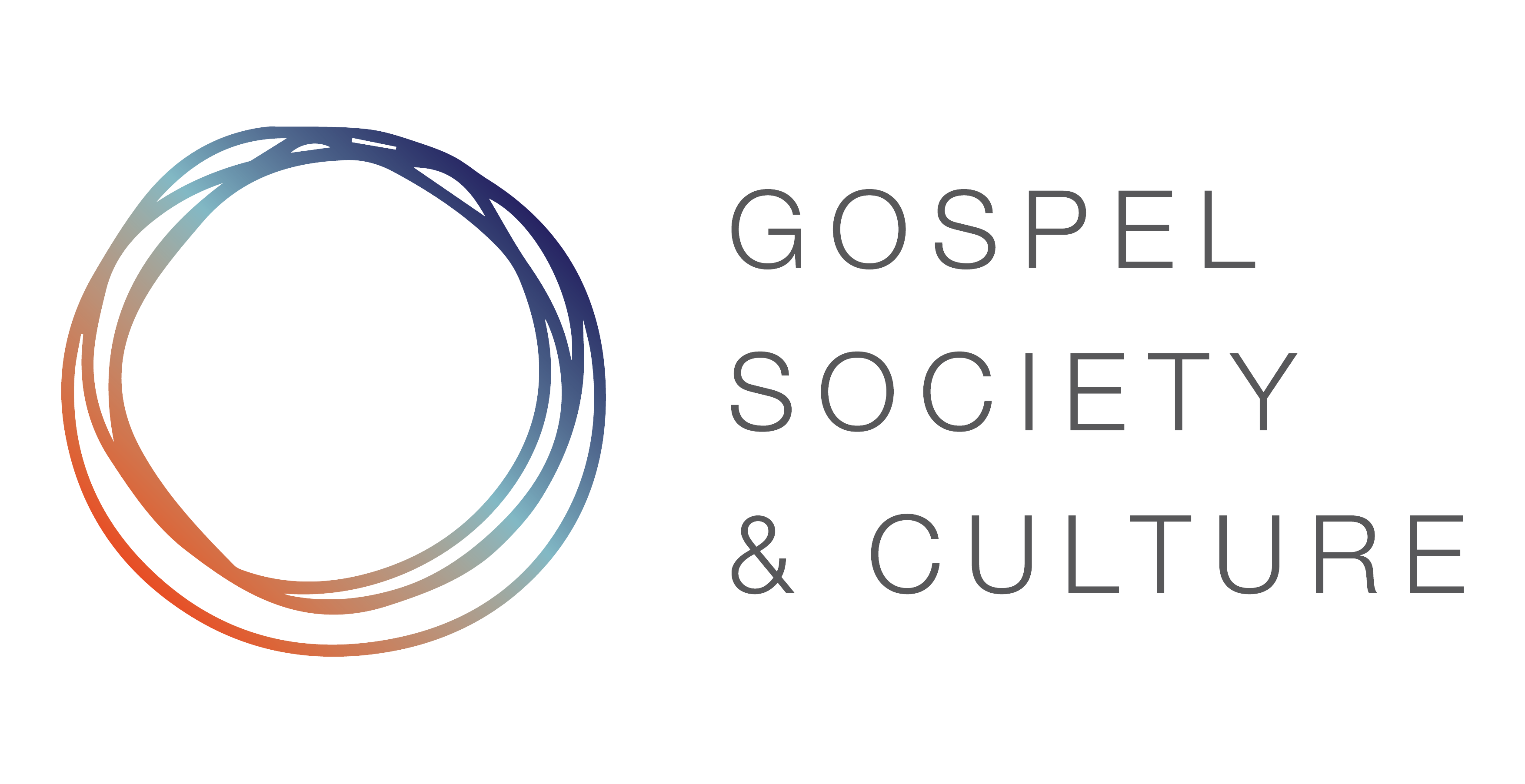
Photo by Pixabay
From chocolate to coffee and clothes – the modern slavery tentacles spread far and wide. The NSW Government has done something about it. But it’s up to you and me, too. KARINE WOLDHUIS writes.
Back in April we celebrated Easter, a solemn and joyous highlight of our year as followers of Jesus. Us – rescued from darkness and brought into eternal life by Jesus? Astounding. I managed my fair share of hot cross buns and easter eggs to accompany the celebrations. I did so with my eye on the chocolate scorecard (chocolatescorecard.com). It’s a great tool that helps us buy chocolate from organisations doing a decent job sourcing their cocoa responsibly.
Perhaps like many of you, I know about the uncomfortable reality that shades of exploitation sit within so much of my lifestyle and my consumption. It’s hard – actually it’s impossible – to make 100% sure I’m not contributing to someone else’s suffering somewhere in the opaque supply chains that feed into my life. But rather than letting it sit in the too-hard basket, we as the church, have the opportunity and the mandate to be making a difference right where we are in this whole messy problem of modern day slavery.
Our own NSW Government has made a commitment to combating modern slavery, being the first State or territory in Australia to bring in stand-alone legislation with the Modern Slavery Act 2018 (NSW), which commenced January 2022. We now have an Anti-Slavery Commissioner (1), Dr James Cockayne, and government bodies and corporations are required to report on modern slavery risks in their supply chains and operations. There is an acknowledgement that combating modern slavery requires a system-wide response including justice, business and service providers.
It is estimated there are currently 50 million victims of modern slavery around the world today (ILO, Walk Free, IOM 2022). There are an estimated 41,000 victims of modern slavery across Australia (Global Slavery Index 2023). People stuck in situations of exploitation that a person cannot refuse or cannot leave because of threats, violence, deception, abuse of power or other forms of coercion.(2) People looking for a job, looking for an education for their children, looking for love, instead find themselves being exploited in the most horrific of ways. This plays out in an intricate web of global crime, opportunism, greed and collusion where people are exploited in situations of forced labour, forced marriage and forced commercial sexual exploitation.
It’s a sticky problem, a wicked problem that can’t be fixed in one easy response. Combating modern slavery is a bit like a case of playing whack-a-mole – you hit one problem on its head only to have it rear up in a different form somewhere else. But just because this is a messy and complex problem we do not ignore the plight of millions who every day are being stripped of their dignity and their self-worth. Traffickers used to mainly recruit victims face-to-face but now have moved online where there is a bigger market, even lower risk and an ease to manufacture false job offers or the promise of romance. Seeing this change, friends working in anti-trafficking in Europe to reach women in situations of forced prostitution pre-COVID were making contact on the streets. They have now pivoted to reach out online and through phone calls to these women.
Doing the right thing requires a sustained game of whack-a-mole from all different parts of society – government, business, industry, community groups, faith groups, health workers, lawyers, mums and dads, police, social workers, teachers, university professors, border officials and the list goes on.
So church, let me encourage you to get educated. Skill up to know how modern slavery works in your community, where you may cross over and intercept with this messy problem. Think carefully what your response may be – it is changing how you invest your super funds, or what brands you wear or what brands of food you put in your mouth? Is it deep intercession for God to be at work that victims may reach freedom? Is it playing a role in making sure that slavery never becomes part of someone’s story in the first place? Is it building capacity of organisations financially so they can do more of their good work? All of us can make real choices that contribute to the dignity of others. But please don’t let your response be mere indifference to our 50 million fellow human beings stuck in modern slavery today.
It’s worth reminding ourselves of precious truths that we all know – our God is a compassionate, gracious God who loves to rescue those in darkness and calls us to follow him in that same work with courageous obedience and faith.
What’s next?
- Read GS&C’s resource on Modern Slavery with a group from church and prayerfully talk through what might be next https://gsandc.org.au/modern-slavery-hidden-in-plain-sight/.
- Get in touch with GS&C member, Karine Woldhuis, she’d love to support you (karine.woldhuis@sim.org)
- Commit to praying for victims, for perpetrators, for people who benefit from modern slavery
- Give generously to ministries working hard to prevent modern slavery and to care for victims in their journey to healing and wholeness.
- SIM For Freedom – sim.org.au/supportforfreedom
- Hagar – hagar.org.au
- Atlas Free – atlasfree.org
- Australia focused – Be Slavery Free – beslaveryfree.com
1) Find out more about the NSW Government Anti-slavery Commissioner’s role, https://dcj.nsw.gov.au/justice/anti-slavery-commissioner.html
2) Global Estimates of Modern Slavery: Forced Labour and Forced Marriage International Labour Organization (ILO), Walk Free, and International Organization for Migration (IOM), Geneva, 2022, p2
